With consumers across the world acclimating to lockdown lifestyles, rising concerns over loneliness and its effects are taking precedence. “People are social organisms, and millions of years of evolution have wired us not to be isolated or on our own,” Roger McIntyre, a professor of psychiatry at the University of Toronto told elemental. According to McIntyre and other research experts, loneliness can cause the human body significant stress, so finding ways to stay connected is important for our health. For those who live alone, are single or elderly, these times can be very isolating. In response, brands are expanding their offerings and creating new platforms to keep people feeling connected, comforted and engaged.
Finding connection in a distanced world.
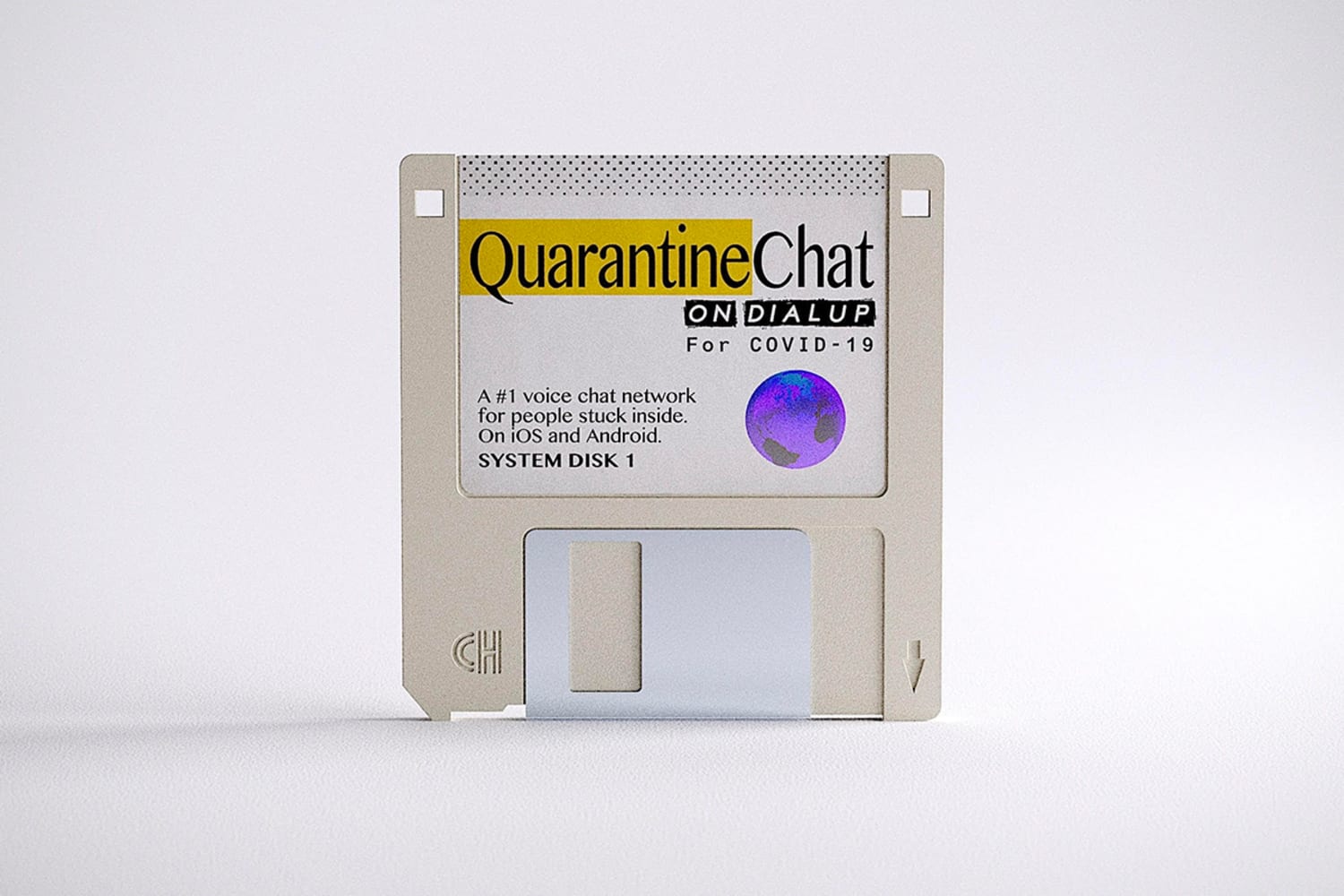
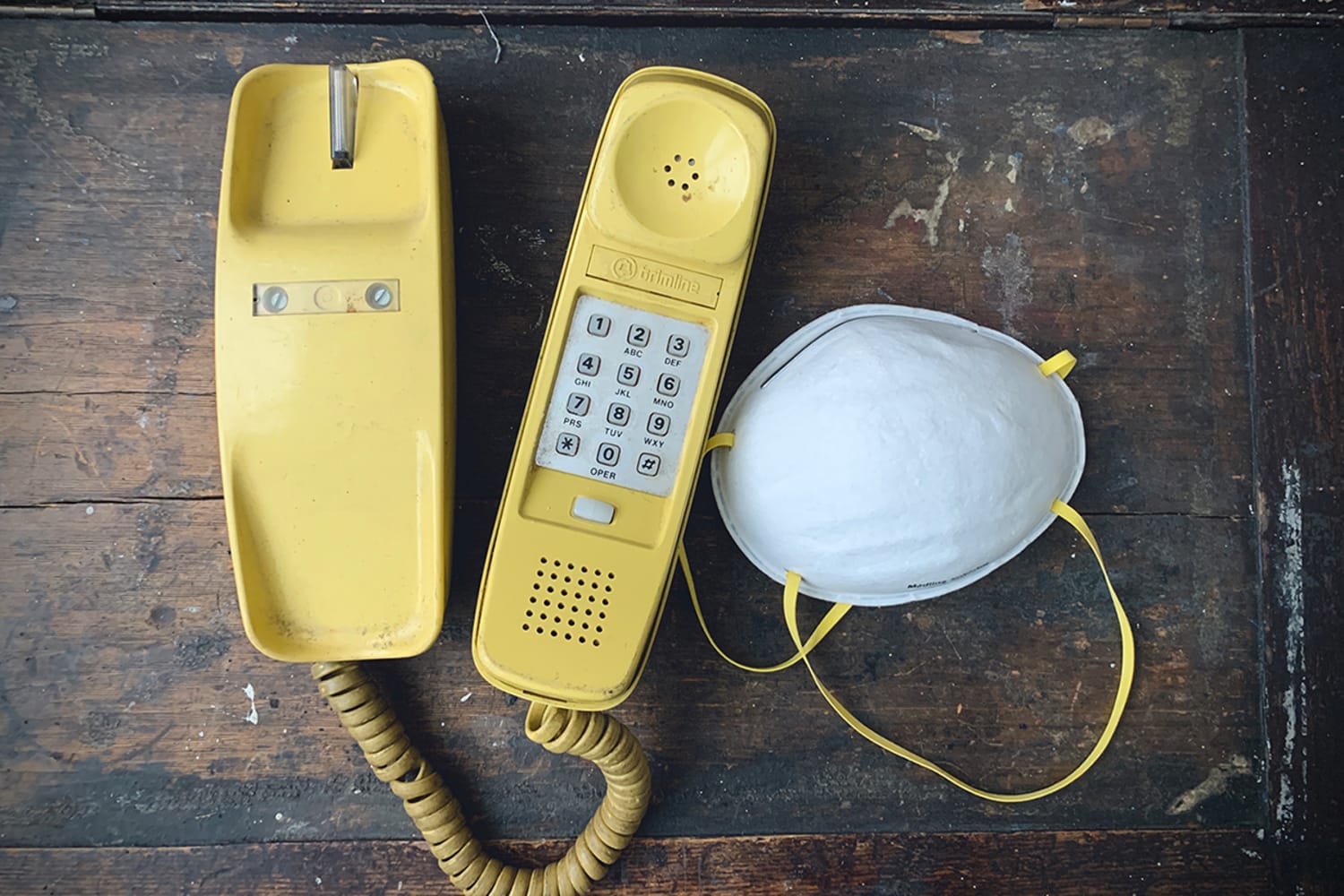
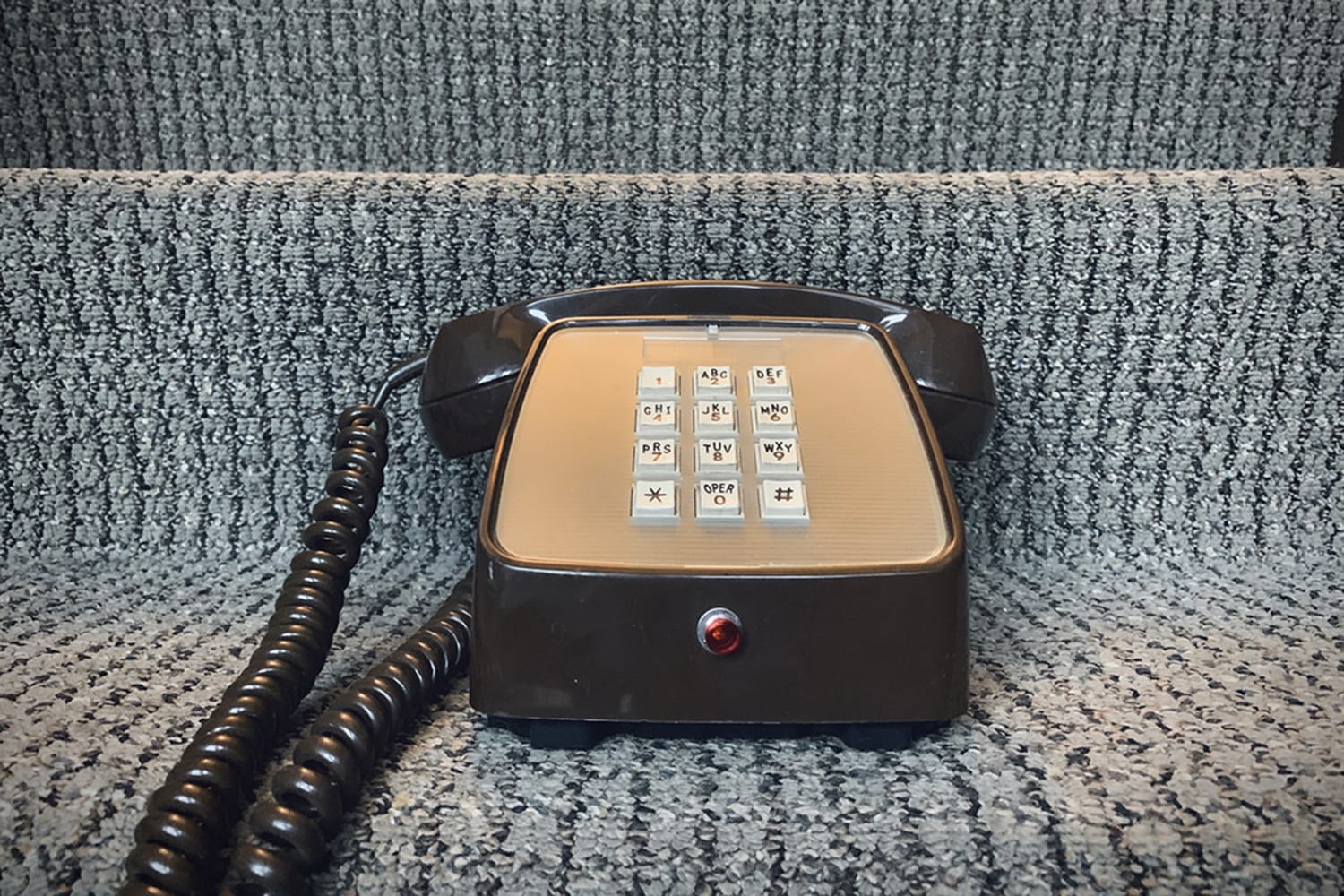
For people seeking companionship, Quarantine Chat is a new service designed by artists Danielle Baskin and Max Hawkins, which aims to build a sense of community in locations where lots of people are self-isolating. Users can subscribe to the service by inputting their phone number which will partner them with another user to start a conversation. According to the designers, the app’s aim is to mimic the spontaneity of real-world interactions.
For singles looking to find new connections, Tinder has made its Passport feature entirely free for all users until the end of April. The feature allows users to connect with other people across the world, as opposed to just those in their local areas. Users can browse the globe, dropping a pin wherever they see fit and are paired with someone in the area. Taking virtual dating to a new level, in March 2020, Quarantine Together emerged as a new dating platform amidst the lockdown. It seeks to connect self-isolators so that they can fight loneliness and the virus together. Every evening at 6pm, users are asked if they have washed their hands and if they say yes, they are introduced to another user via text chat. If it’s going well after 20 minutes, they can progress to a video call.

With social distancing mandatory, many people are searching for comfort through social media. Snapchat announced in March that they would be releasing their new Here For You feature early in response to COVID-19. The feature recognizes when users are feeling anxious or stressed based on their search terms and provides access to expert advice for combatting those feelings. Using advice from global health resources like the World Health Organization as well as partnerships with mental health charities, Snap is hoping to help alleviate users’ anxiety.
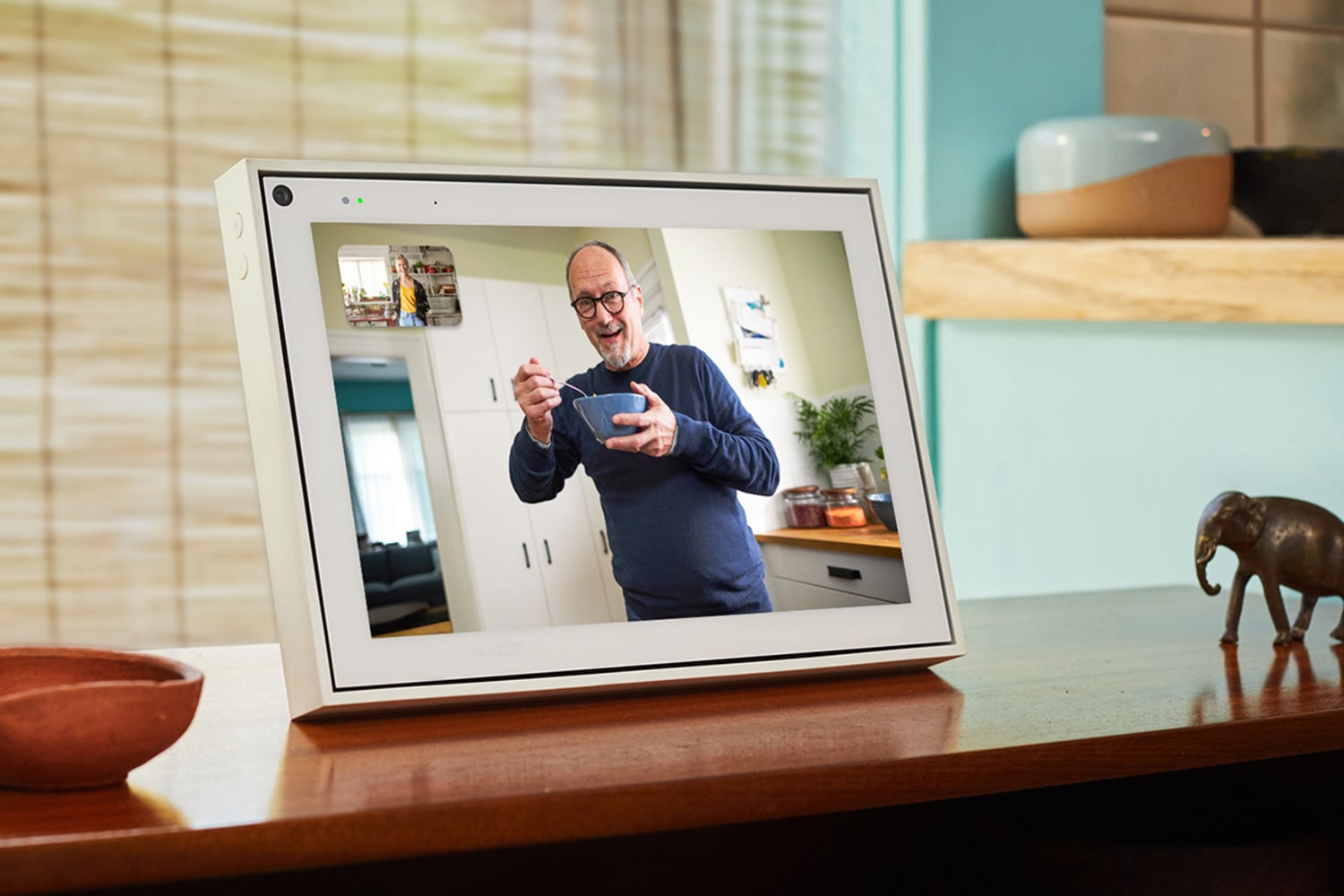
Facebook is working with the NHS in the UK to hand out their Portal devices to care homes to combat loneliness. The Portal is an Alexa-enabled video chatting device that care home residents will be able to use to call their family and friends as they are now barred from visitors.
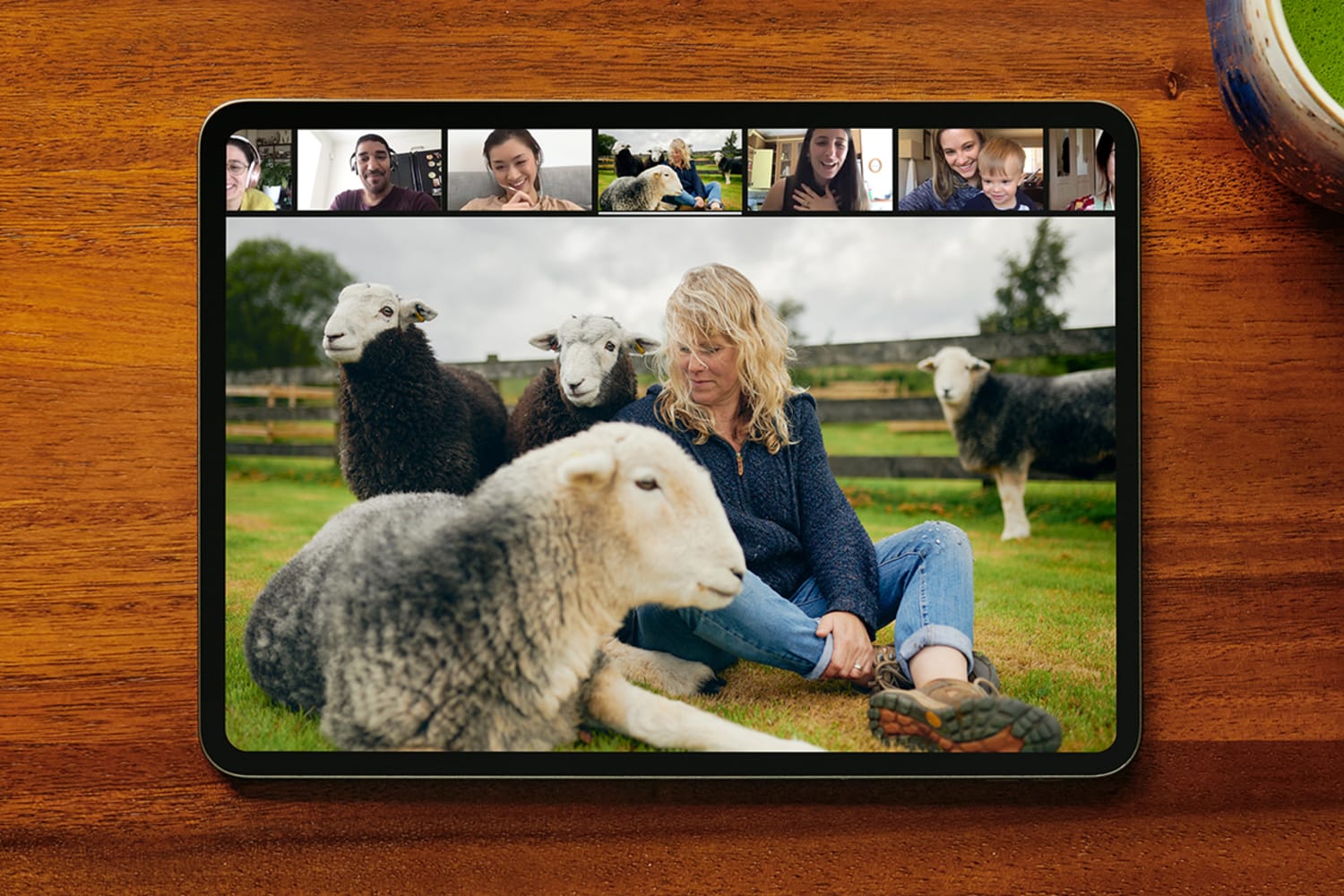
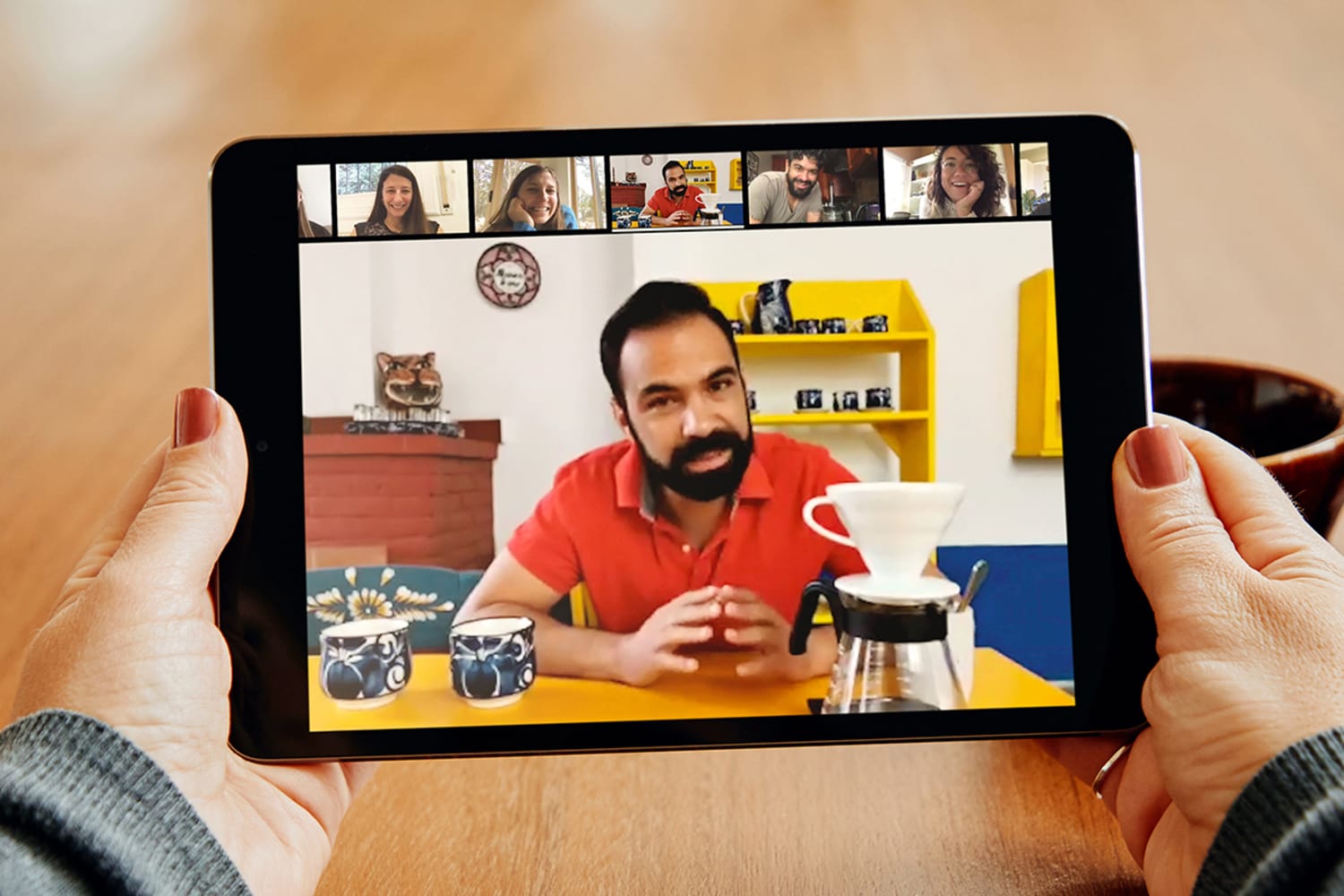
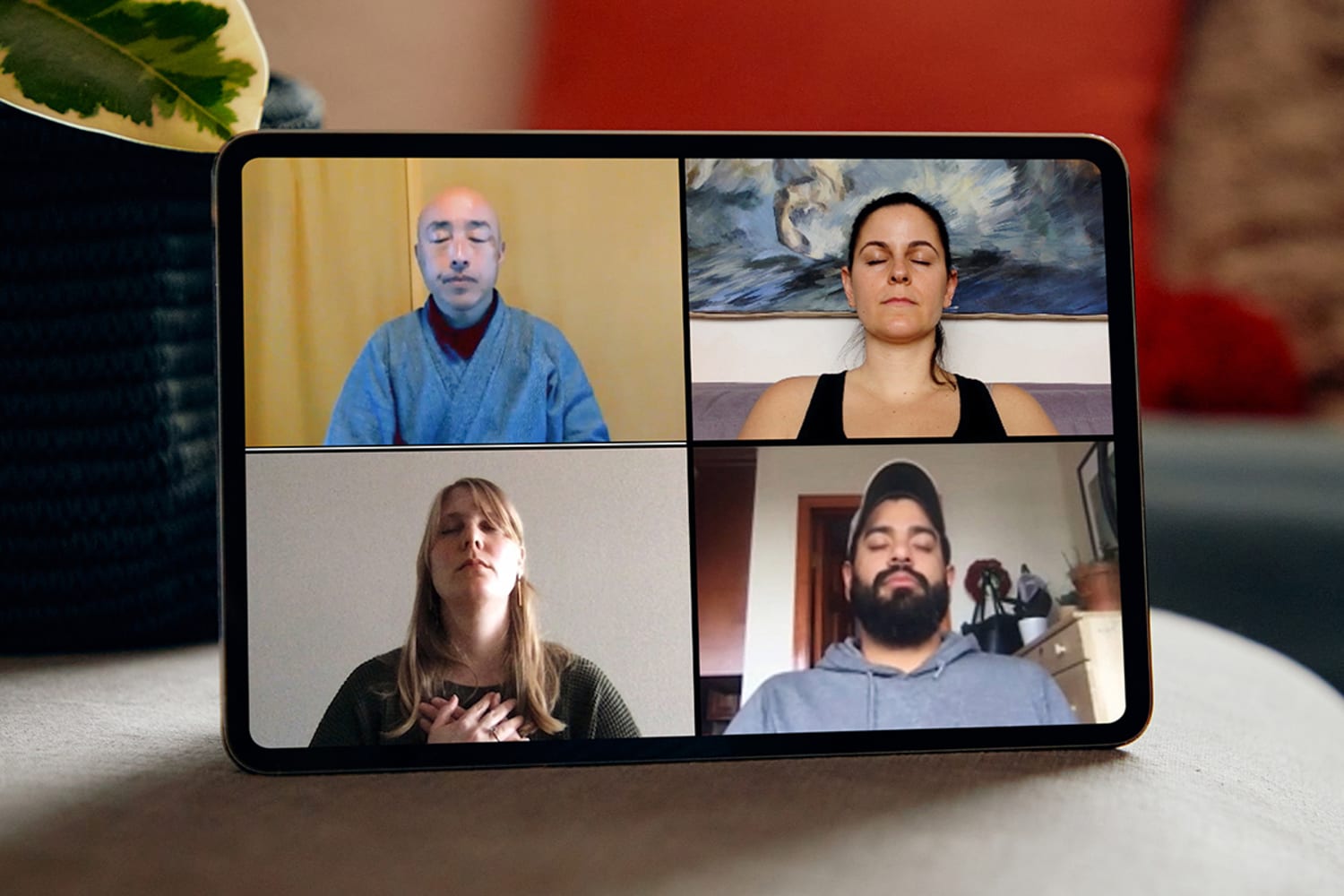
Concern for elders’ welfare has meant not only the barring of visitors from care homes but also the cancellation of much of their social lives from bingo halls to community centers. Brands are stepping in to help stave off loneliness for elderly populations by inviting them to take part in online activities. When Airbnb launched their Online Experiences portal earlier this month, they made special mention of their new partnerships with SAGE in the US, Associazione Nazionale Alpini – Sezione di Milan in Italy, and Amigos de los Mayores in Spain, which are allowing them to provide these experiences for free to the charities’ elderly members. In March, Zaobao, a Singapore-based newspaper, launched a series of videos which are aimed at seniors and include things like live cooking classes, fitness classes and even traditional singing lessons.

Please provide your contact information to continue.
Related Content

ACT Good Report Names VML No. 1 Network

